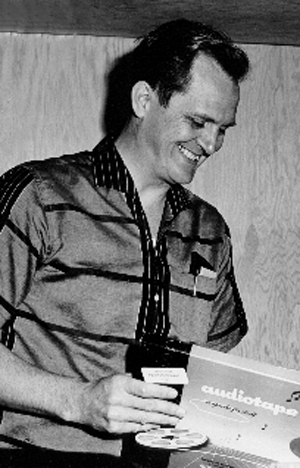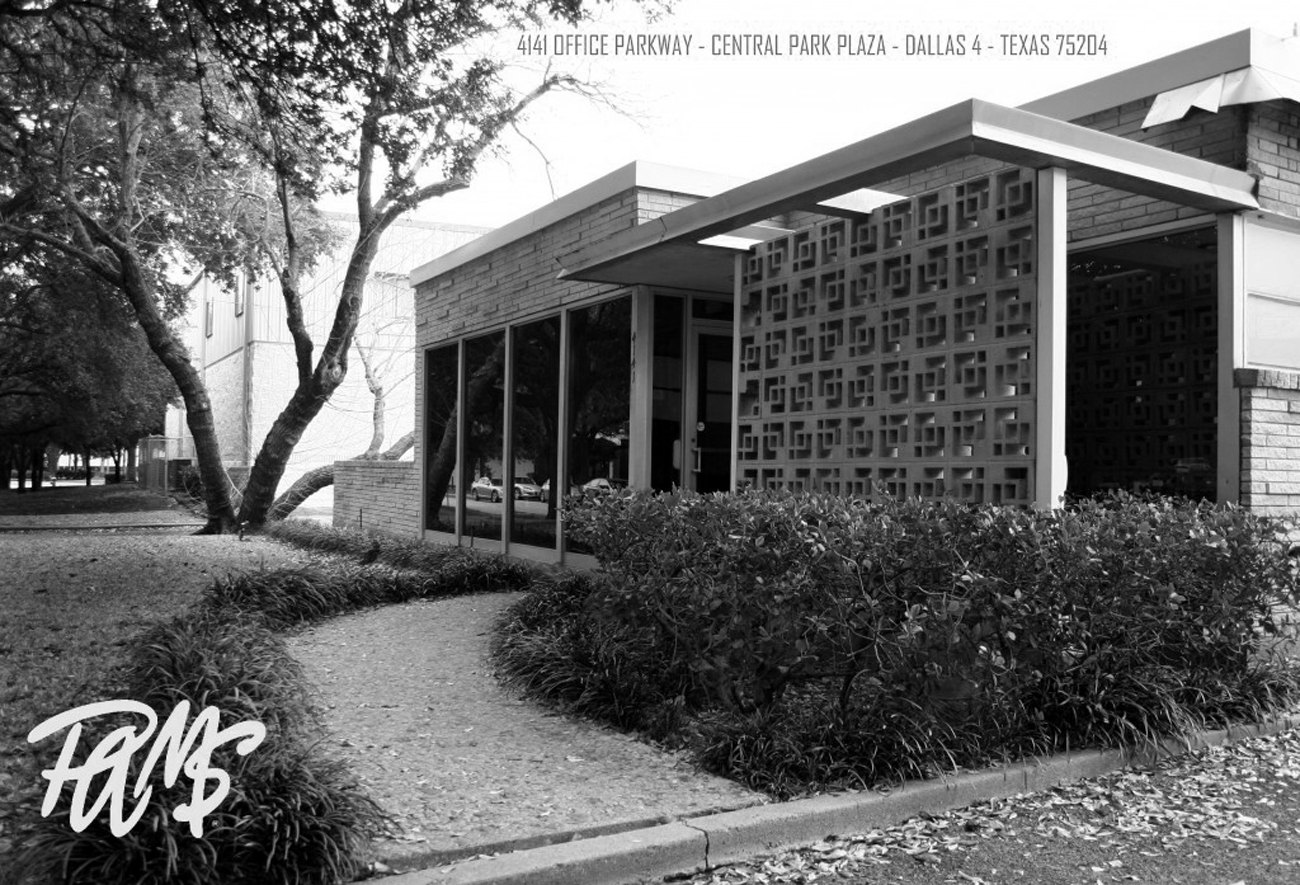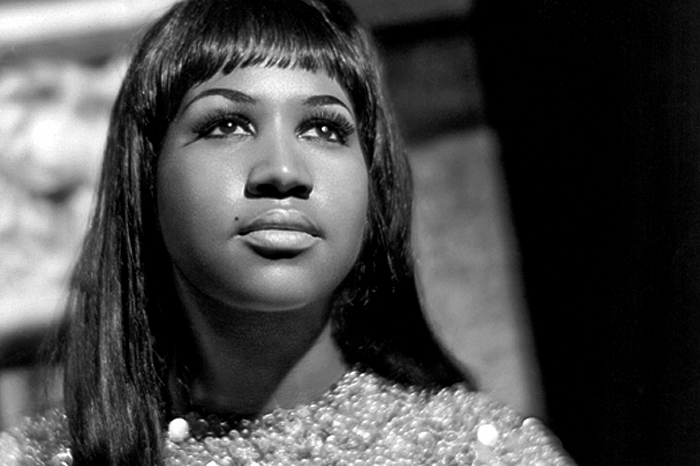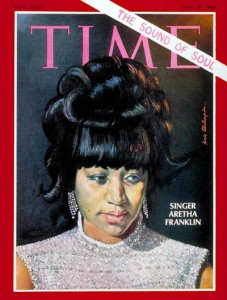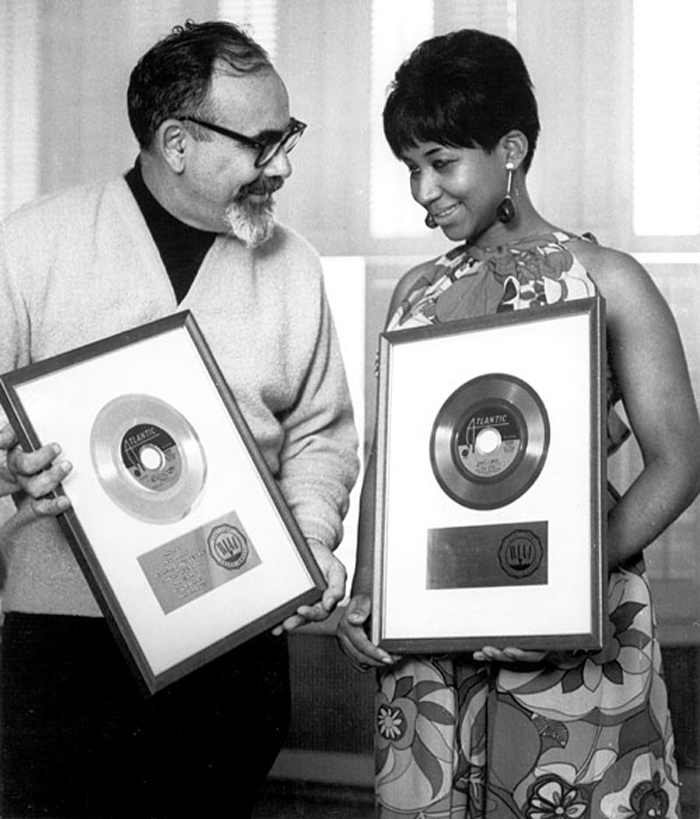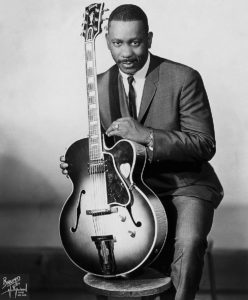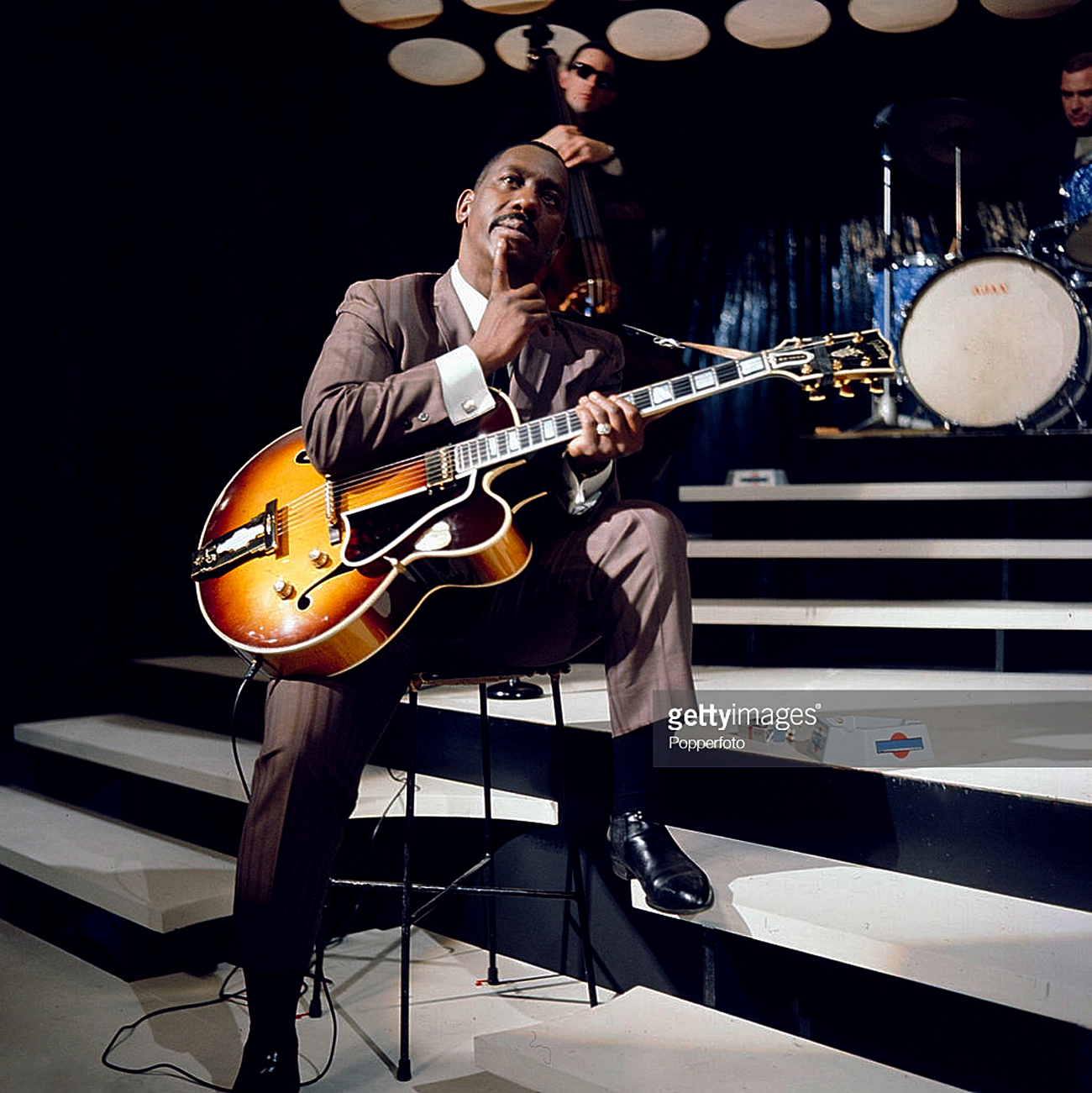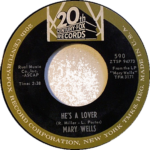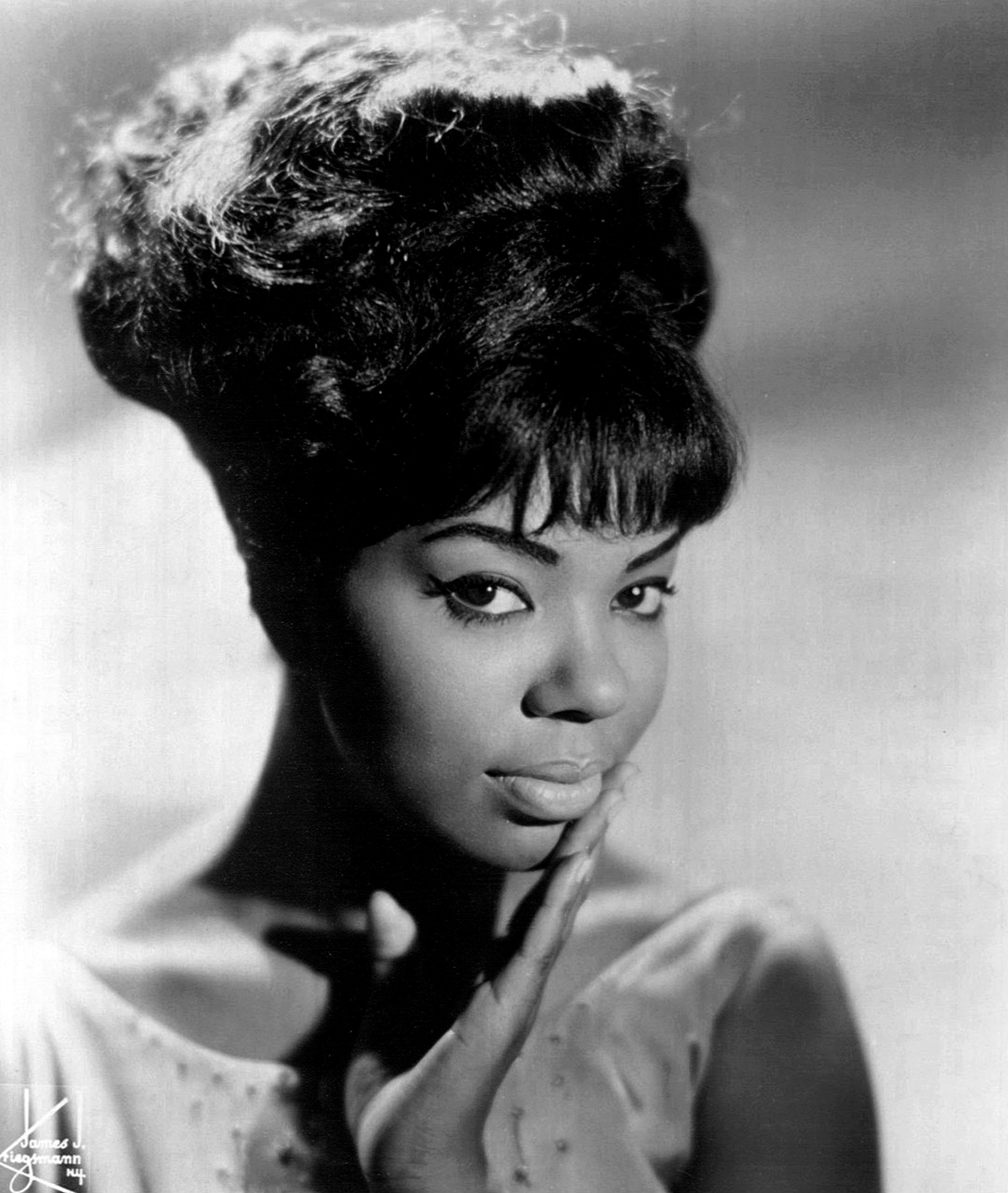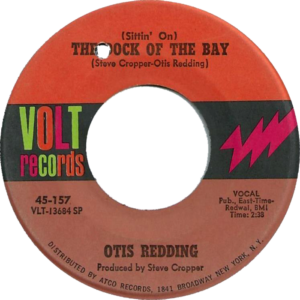 From the MCRFB NEWS archive: 1963
From the MCRFB NEWS archive: 1963
Juke Box Play Ceases As Nation Mourns
NEW YORK — Play on the nation’s 450,000 juke boxes was back to normal Friday, November 29, but for a 72-hour period last week few Americans had the stomach to listen to the mechanical music makers.
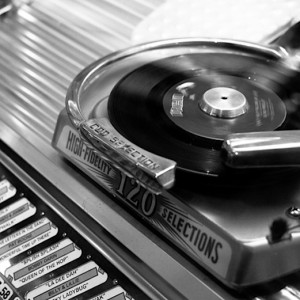 Automatic phonograph and game collections last weekend and Monday, November 25 were scanty, as millions of Americans stayed by their radios and television sets to watch the news developments and to view the funeral of President John Fitzgerald Kennedy.
Automatic phonograph and game collections last weekend and Monday, November 25 were scanty, as millions of Americans stayed by their radios and television sets to watch the news developments and to view the funeral of President John Fitzgerald Kennedy.
Even when surface normality was restored Tuesday, November 26, the gaiety commonly associated with taverns and restaurants were muted. And when patrons put their coins in the juke box, they did so in an almost mechanical manner.
Manhattan itself was almost a ghost town through the weekend and on Monday, November 25. Normally, Friday and Saturday nights are the big money makers for Gotham tavern owners. And these are the evenings that get that the heavy jukebox and game play. But few patrons were in the mood to play the juke box or coin-operated games. Most of them stayed home and watched the ceremonies on TV.
In Chicago, the coin machine business ground to a halt immediately following the tragic and bizarre series of events connected with the assassination of the President.
Juke boxes and games were shut off as the city’s attention turned elsewhere — first to the tragic scenes in Dallas, then to the mournful culmination of those scenes coming out of Washington, Monday, November 25.
Chicago Clubs Closed
Throughout the Windy City night clubs were closed, neon signs were dimmed and while some taverns were operating — at half capacity or less — talks inside were loosely centered on the Dallas tragedy and news instead, by its patrons, while glued to the establishment’s TV sets. Bands and combos were silent. Friday was the worst evening as people just couldn’t seem to comprehend what had happened.
By Tuesday did locations start to return to normal and even then the return was gradual and deliberate. Juke boxes which have been turned to the wall, were again plugged in, but there was no rush to play the coin-op record machines.
A check with the trade showed that over-all collections were off s much as 50 per cent or more. The comments of Earl Kies, head of Apex Music Company, are typical.
“We know for sure collections will be affected — we can judge by the service calls, they’ve been nil.” Kies said his service men were out on the streets but none had more than two calls a day.
“Many of the locations had out-of-order signs on the juke boxes,” said Kies. The Chicago juke box operator estimated that close to 80 per cent of his machines were down for the weekend and that his week’s collection would be off from 30 to 35 per cent.
Cleveland Juke Boxes Silent
In Cleveland, a crack of 21 guns echoed against the concrete and brick walls of the empty heart of this city this past Monday, November 25, the national day of mourning.
The city wept.
Virtually all businesses and industry closed down. Neon lights closed their eyes. Nightclubs and cafes, restaurants and movie houses closed their doors. A few remained open but there were few found inside.
A number of bars remained open but coin operated games and juke boxes remained silent. One bar which served a few patrons honored President Kennedy’s memory by displaying signs which over the darkened jukebox: “Will remain silent (today) in honor of our departed President — The Management.”
Most operators in this area reported the same experience. The few drink spots that remained open pulled the plugs from the music machines. Radio and television sets kept their patrons informed at every detail of the assassination and the burial of the former President.
The area operators generally figured the take for the day to be but a fraction of the normal volume. “But who can be concerned about it at a time like this,” said one prominent music man.
Joseph Abraham, president of Lake City Amusement, one of the oldest operators in terms of years in the business, reflected everyone’s attitude concerning the death of President Kennedy. “We’re all very shocked . . . we will be for a long time. It seems impossible that would happen in our country. Everything closed down. The bars, restaurants, a lot of plants and offices.
“Sure we lost some income . . . . but who cares at a time like this? All the boys feel the same way. Who could think of dollars and cents at this hour?”
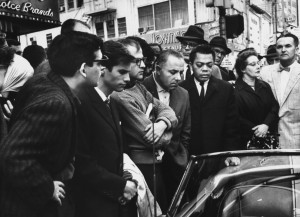
Charles Comella of Cadillac Music Company added: “We’ve actually been out of business since Friday, the day President Kennedy was assassinated. And believe me we’d stay out of business for two more Fridays if we thought it would bring him back!
“One of our locations that stayed open the day of the burial reported that the men sitting at the bar broke down and cried. We all were crying inside. It helped us put our lives in proper perspective.”
Milwaukee Pulls Stop On Music
In the state of Wisconsin, the same effects were reported from Milwaukee. Juke boxes stopped spinning Friday afternoon when the stunning news of the assassination of President Kennedy flashed over radio and TV sets. For the rest of the weekend the city’s taverns remained somber and silent.
“There has never been anything to compare to this type of reaction. Everything halted completely when the news hit. The music stopped and hasn’t started up yet,” reported Harold Opitz, Wisconsin Novelty Company, on Tuesday morning, November 26. “There has been no gaiety around here for four full days. Some of our better stops here say they never experienced anything like it. A lot of our locations cater strictly to Negro clientele. We they are quiet, you can bet tavern business is quiet all over. Many of the pubs completely closed down until after the President’s burial.”
According to Sam Hastings, Hastings Distributing Company, president of the Milwaukee Phonograph Operators’ Association: “We haven’t had time to completely evaluate the drop off. But, we know our take fell at least 25-50 per cent below normal.
“Our best barometer is the number of service calls we receive over a given period. Saturday, we had one service call. Normally we expect several dozen service calls during the weekend. From what other operators tell me, they all experienced the same decline in business as we did. It was noticeable all over the metro Milwaukee area. Tavern business was hit hard, and so was the coin machine industry.” END
___
(Information and news source: Billboard; December 7, 1963)
![]()


